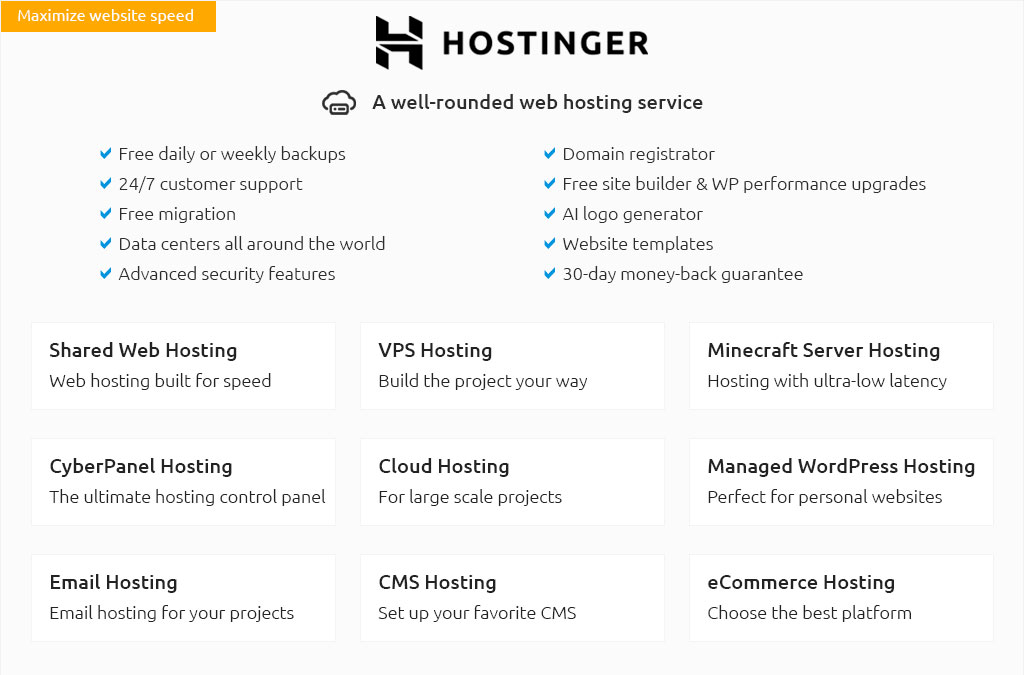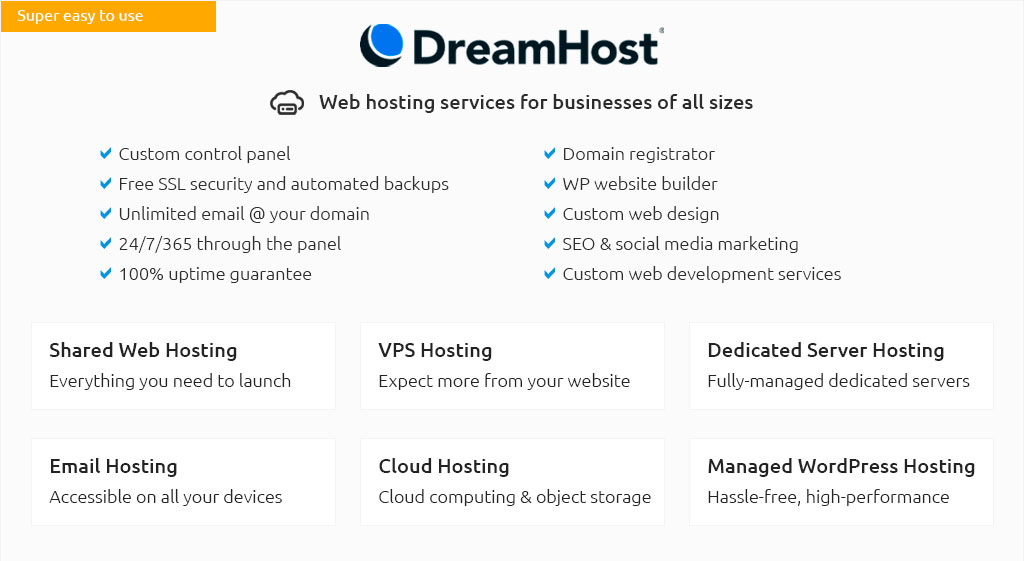 |
|||
 |
 |
 |
|
 |
|
 |
 |
 |
|||
 |
|||
 |
|||
 |
|||
 |
|||
 |
|||
 |
 |
Understanding Cloud-Based Website Hosting for Your Online NeedsCloud-based website hosting has revolutionized how businesses and individuals approach their online presence. It offers flexibility, scalability, and efficiency, which are essential for today's digital landscape. What is Cloud-Based Website Hosting?Cloud-based website hosting refers to the use of virtual servers that pull resources from extensive underlying networks of physical web servers. Unlike traditional hosting, it allows for seamless scaling and enhanced performance. Benefits of Cloud Hosting
Choosing the Right Cloud Hosting ProviderWhen selecting a provider, consider factors such as best ecommerce hosting sites reviews, uptime guarantees, and customer support. A reliable provider ensures a smooth experience. Types of Cloud Hosting
Setting Up Your Cloud-Based WebsiteTransitioning to cloud hosting involves selecting a platform, migrating data, and configuring settings. Guides on web hosting websites can provide valuable insights into the setup process. FAQ SectionWhat is the primary advantage of cloud-based hosting?The primary advantage is scalability, allowing you to easily increase or decrease resources as needed. How does cloud hosting improve website performance?Cloud hosting improves performance by distributing data across multiple servers, reducing the risk of downtime and speeding up load times. Is cloud hosting secure?Yes, cloud hosting can be very secure, especially with private cloud options and robust security protocols in place. https://www.digitalocean.com/solutions/website-hosting
DigitalOcean offers a simple and reliable cloud hosting solution that enables developers and businesses to get their website or application up and running ... https://www.wix.com/blog/what-is-cloud-hosting
Cloud hosting works the same way, except your site is hosted on a network of virtual servers, rather than a physical one. It is part of a wider ... https://aws.amazon.com/what-is/cloud-hosting/
Cloud hosting is when you run your application or website on virtual servers in the cloud. Traditionally, organizations hosted applications on physical servers.
|